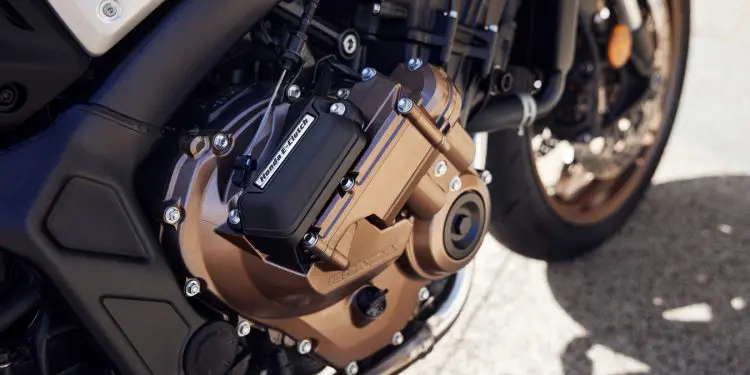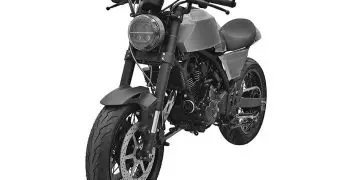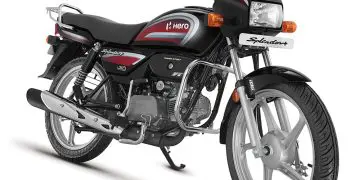It was published in the Official Journal of the European Union the new Regulation (EU) 2024/1257 of the European Parliament and of the Council, of April 24, 2024, regarding the type-approval of motor vehicles and engines and of systems, components and separate technical units intended for such vehicles, with respect to their emissions and battery durability (Euro 7).
The amendment now enshrined in a legal instrument, soon to be applicable in all EU Member States, focuses on the emissions of brakes and tires of cars and commercial vehicles and on the requirements of electric vehicle batteries.
Euro 7 also increases the level of requirements regarding exhaust emissions and test procedures, particularly for heavy goods vehicles and buses.
Euro 7 establishes stricter standards for emission approval, production compliance, in-service compliance, and market surveillance. It also addresses crucial aspects such as onboard monitoring systems, pollution control system durability, traction battery life, prevention of tampering, and cybersecurity measures.
Furthermore, the regulation includes provisions to accurately determine CO2 emissions, electric range, fuel and electricity consumption, and energy efficiency.
It is important to recall the significant progress made so far in emissions. According to ACEA, vehicle emissions have decreased by 90% between the first Euro standard and the first version of Euro 6.
The ACAP, according to data from ACEA, emphasizes that, in order to truly achieve the objectives of Euro 7 in reducing emissions, policymakers must do more to replace older and more polluting vehicles on the roads with newer models equipped with the most advanced emission technology. It is not only about incentives to increase the uptake of newer vehicles in the market, but also about establishing a comprehensive regulatory framework that keeps mobility accessible to all Europeans while simultaneously reducing their environmental impact.
The regulation applies from November 29, 2026 to new vehicle models in categories M1 and N1, and from May 29, 2028 to new vehicle models in categories M2, M3, N2, N3, O3, and O4.
Regarding tires, the regulation applies from July 1, 2028 to new tire types in class C1, from April 1, 2030 to new tire types in class C2, and from April 1, 2032 to new tire types in class C3.
For more information, you can visit the official ACAP website.
Source:https://www.acap.pt/pt/noticia/1037/publicado-regulamento-euro-7/2








